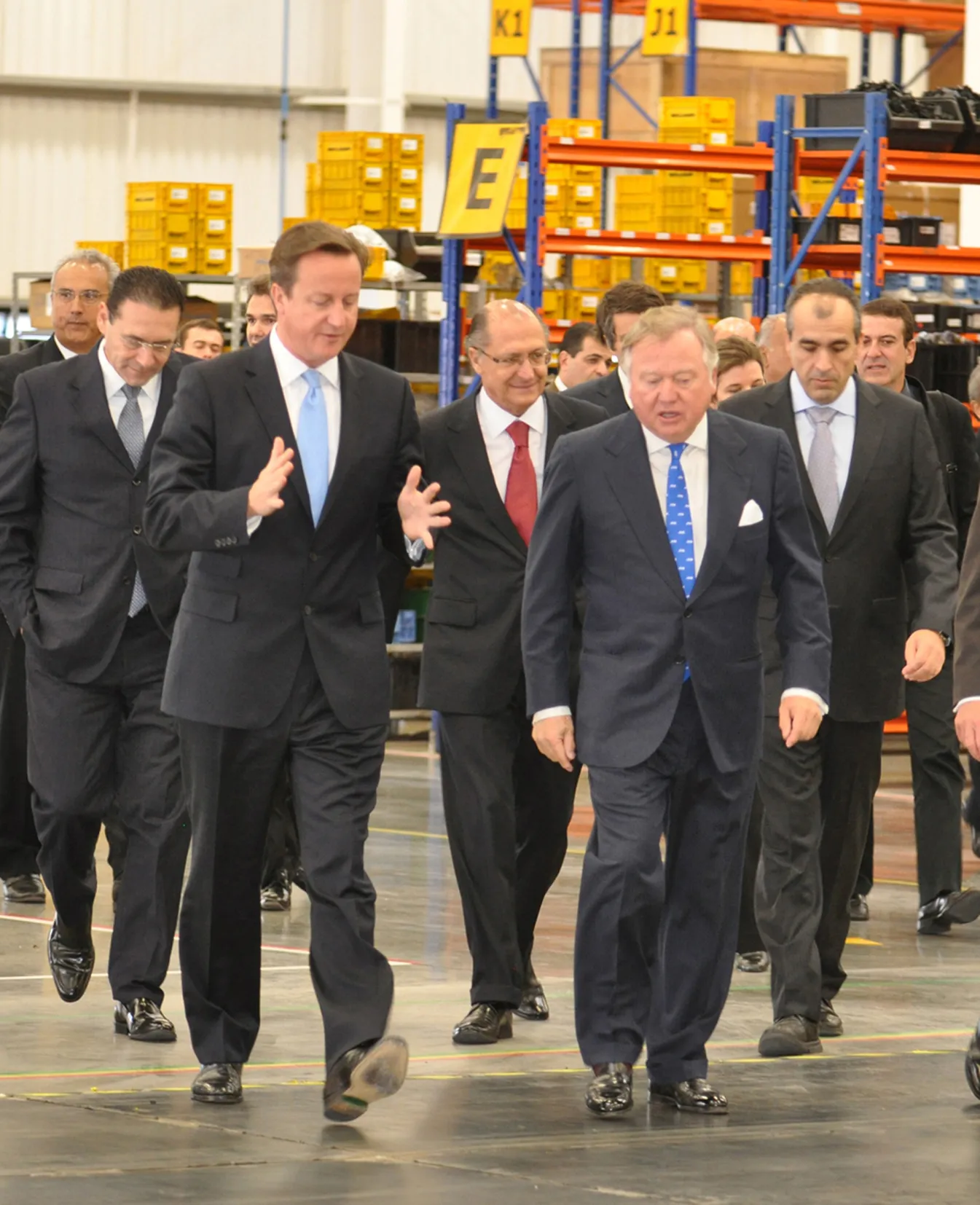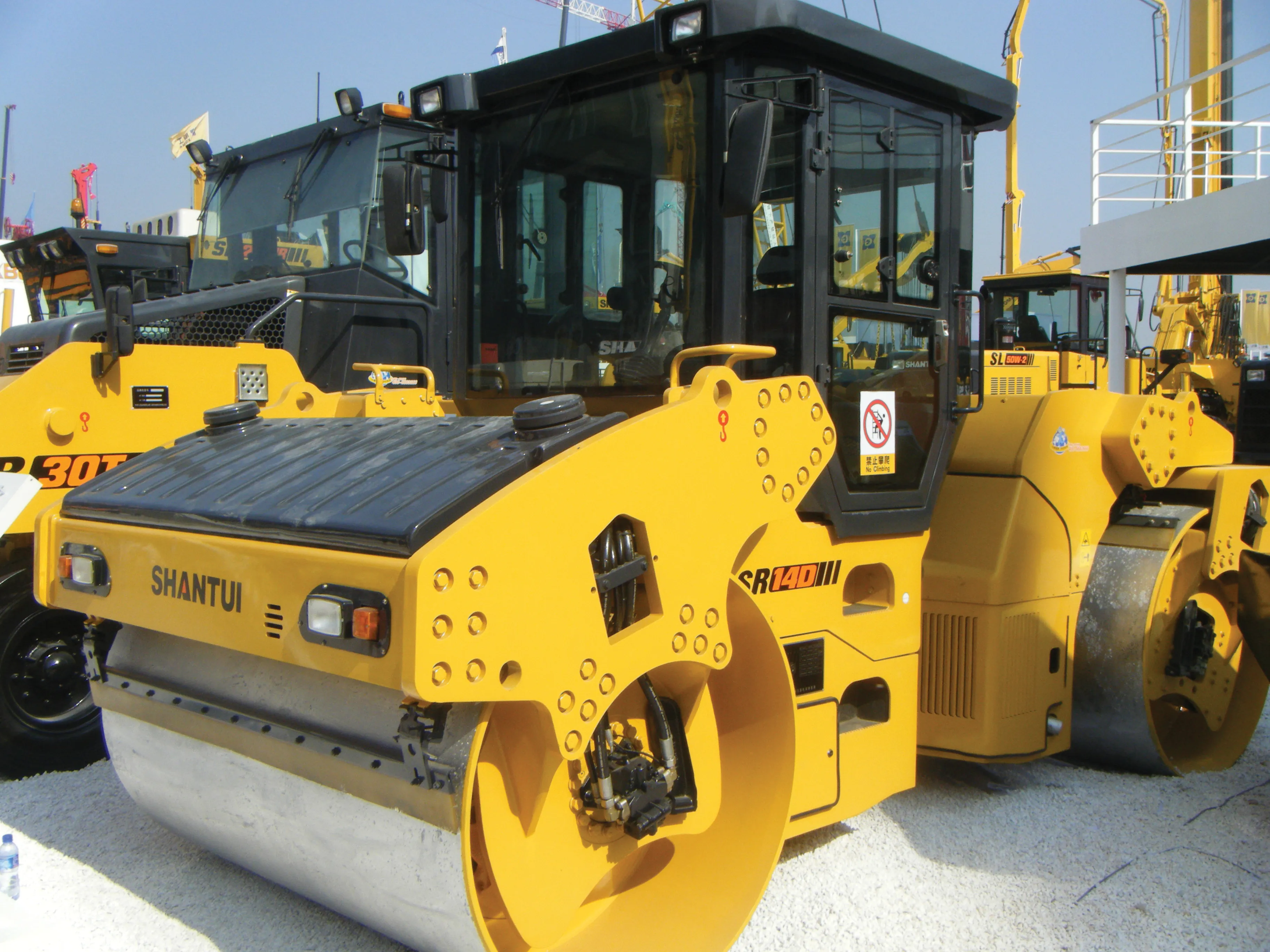LiuGong Machinery, a major Chinese maker of heavy construction equipment, said it will invest around US$38 million in manufacturing in Brazil.
The announcement was made during the opening ceremony of its first factory in Brazil, in the city of Mogi Guaçu, around 180km from São Paulo.
LiuGong expects to produce 1,500 wheel loaders and excavators annually at the facility in the first three years of operation.
April 9, 2015
Read time: 2 mins
The announcement was made during the opening ceremony of its first factory in Brazil, in the city of Mogi Guaçu, around 180km from São Paulo.
LiuGong expects to produce 1,500 wheel loaders and excavators annually at the facility in the first three years of operation.
This is LiuGong's fourth factory outside China. LiuGong has operated in Brazil since 2007 and the new plant is the company’s fourth outside China.
The equipment, distributed throughout Brazil and supported by a network of local dealers, uses parts from companies such as
The company plans to hire 80% of their employees locally, said Bruno Barsanti, vice president of LiuGong for Latin America. The city has a population of around 147,000 and five industrial districts.
"Our company invests heavily in new products and technologies in China and these advances are used worldwide in our operations in Poland, India, Argentina and now Brazil,” he said. “We are committed to transferring our values to the communities selected to build our facilities, bringing social and economic growth and knowledge," said Barsanti.








